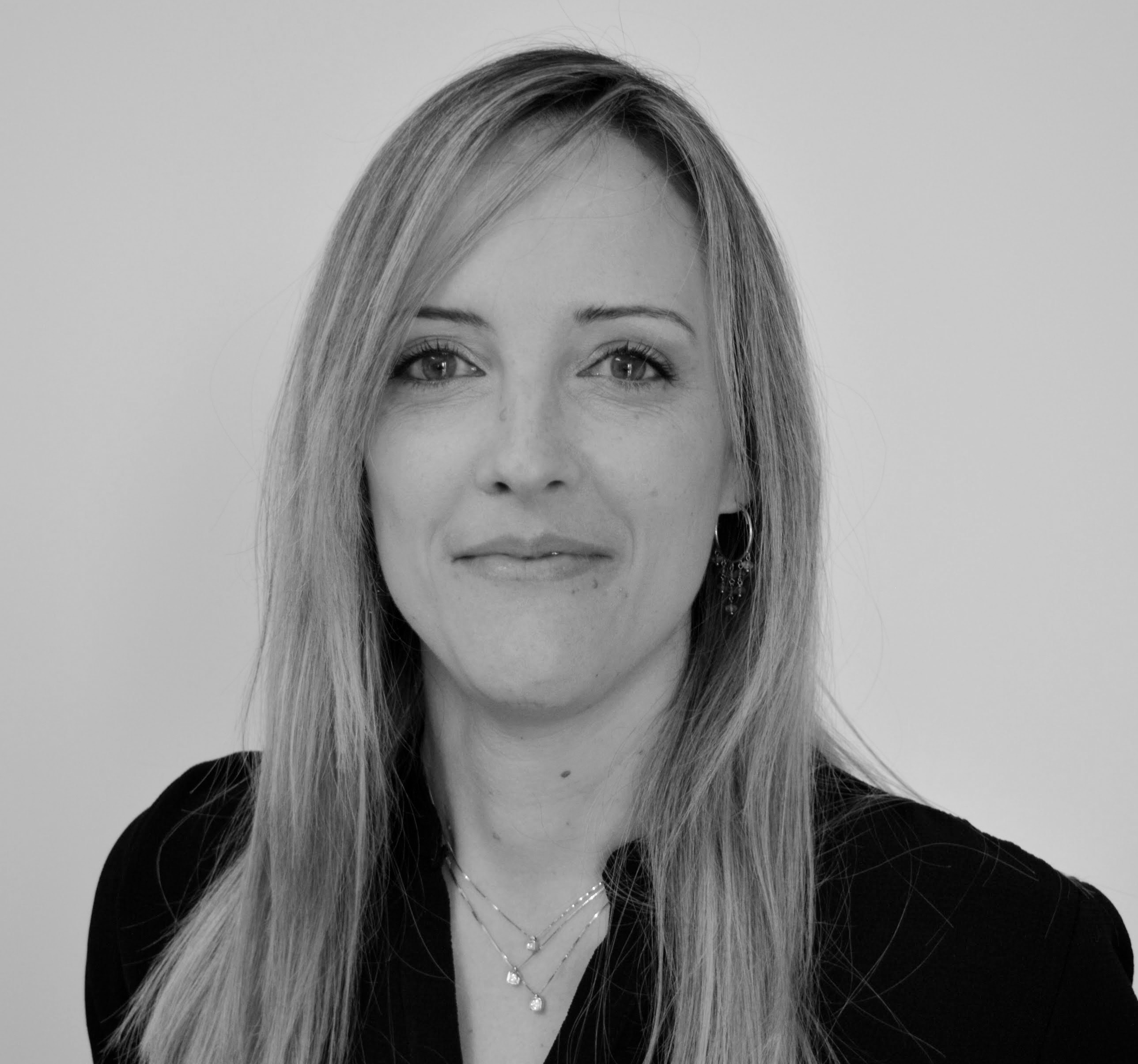About
Kratos Multiphysics is a framework for building parallel, multi-disciplinary simulation software, aiming at modularity, extensibility, and high performance. Kratos is written in C++, and counts with an extensive Python interface. Kratos is free under BSD-4 license and can be used even in comercial softwares as it is. For more details, see the official webpage or the GitHub repository.
The workshop aims to gather researchers and developers, young and senior, both from universities and companies, to discuss the current state of development of the Kratos Multiphisics framework. There will be sessions dedicated at showing the usage of Kratos in industry, sessions dedicated at showing the capabilities of (some of) the Kratos Applications and a session dedicated to the latest advances in the Kratos Core.
Coffee breaks and a round table session in the afternoon of the second day will allow for informal discussions among the participants, exchange of ideas and share of expertise, with also the hope to foster new research and collaborations among different, yet very close, fields.
People without any experience in using Kratos and interested in joining the Kratos Multiphysics Community is also welcome! Indeed, in this edition of the Kratos Workshop, the last day (November 8, 2024) will be entirely dedicated to a Kratos Course. The course will be held by people from the Kratos Technical Committee and it has the aim of introducing the basic concepts of the "Kratos + GiD enviroment" to newcomers. Material from previous editions is available here.
The workshop is free, no fee is required. However, for organization purposes we kindly ask you to register as soon as possible. Register for the workshop!
Speakers
- Ihar Antonau, Technische Universität Braunschweig (Germany)
- Pooyan Dadvand, Altair (Spain)
- Antonia Larese, University of Padova (Italy)
- Jonathan Nuttall, Deltares (The Netherlands)
- Carlos Roig, CIMNE (Spain)
- Riccardo Rossi, UPC/CIMNE (Spain)
- Suneth Warnakulasuriya, Technische Universität München (Germany)
- Rubén Zorrilla Martínez, UPC/CIMNE (Spain)
Schedule
| 14:00-14:30 | Welcome |
|---|---|
Introduction to Kratos |
|
| 14:30-15:15 | Kratos. Why? What? How? An Historical Perspective |
| 15:15-16:00 | Kratos: an Overview video slides |
| 16:00-16:30 | Coffee Break |
Kratos 4 Industry |
|
| 16:30-17:00 | Collaboration with Industry in Germany |
| 17:00-18:00 | Deltares |
| 18:00-18:30 | Altair |
What's new in Kratos? Application Session (1) |
|
| 09:00-09:30 | Computational Fluid Dynamics video slides |
| 09:30-10:00 | Computational Solid Mechanics video slides |
| 10:00-10:30 | Reduced Order Models video slides |
| 10:30-11:00 | Coffee Break |
What's new in Kratos? Application Session (2) |
|
| 11:00-11:30 | Optimization and System Identification video slides |
| 11:30-12:00 | Coupling: the CoSimulation Application |
| 12:00-12:30 | Particle Methods: the MPMApplication video slides |
| 12:30-14:00 | Lunch Break |
What's new in Kratos? Application Session (3) |
|
| 14:00-15:00 | The GeoMechanicsApplication |
What's new in Kratos? Core Session |
|
| 15:00-16:00 | GUI and FlowGraph, Multistage and Register video slides |
| 16:00-18:00 | Round Table & Coffee |
Kratos Course (Session 1) |
|
| 09:00-10:00 | Installation and First Steps video tutorial |
| 10:00-10:30 | Kratos Basics video tutorial |
| 10:30-11:00 | Coffee Break |
Kratos Course (Session 2) |
|
| 11:00-12:30 | Input Files and I/O video tutorial |
| 12:30-14:00 | Lunch Break |
Kratos Course (Session 3) |
|
| 14:00-14:45 | Data Management video tutorial |
| 14:45-16:00 | Analysis Stage and Simulation Loop video tutorial |
| 16:00-16:30 | Coffee Break |
| 16:30-17:00 | Q&A and Technical discussions |
Workshop Venue
Building "Torre Archimede", University of Padova
Via Trieste, 63 - 35121 Padova (Italy)
The workshop will be held at floor -1, in the yellow room of the library of the Department which is accessible obly from stairs B.
- By train: Padova is both on the Venice-Verona and on the Venice-Bologna railways, many trains are available (see timetable of Trenitalia and Italo). Note that for physical tickets it is mandatory to validate the ticket before boarding by using the (yellow or green) machines located on the platforms and throughout the station. This is not needed if you buy the ticket online.
- By plane: the nearest airport is the Venice airport (Marco Polo), which is connected to Padova by a bus service. Some low-cost companies fly to the close Treviso airport which is also connected to Padova by a bus service. An alternative might be flying to the Verona airport, which is connected to Verona Porta Nuova railway station by a bus service. Padova can then be reached by train in approximately 50 minutes. A last possibility might be flying to Bologna airport, which is connected to Bologna Centrale railways station by a monorail train. Padova can then be reached by train in approximately 1 hour.
Workshop Organizers
CONTACT: kratos_unipd2024@math.unipd.it







